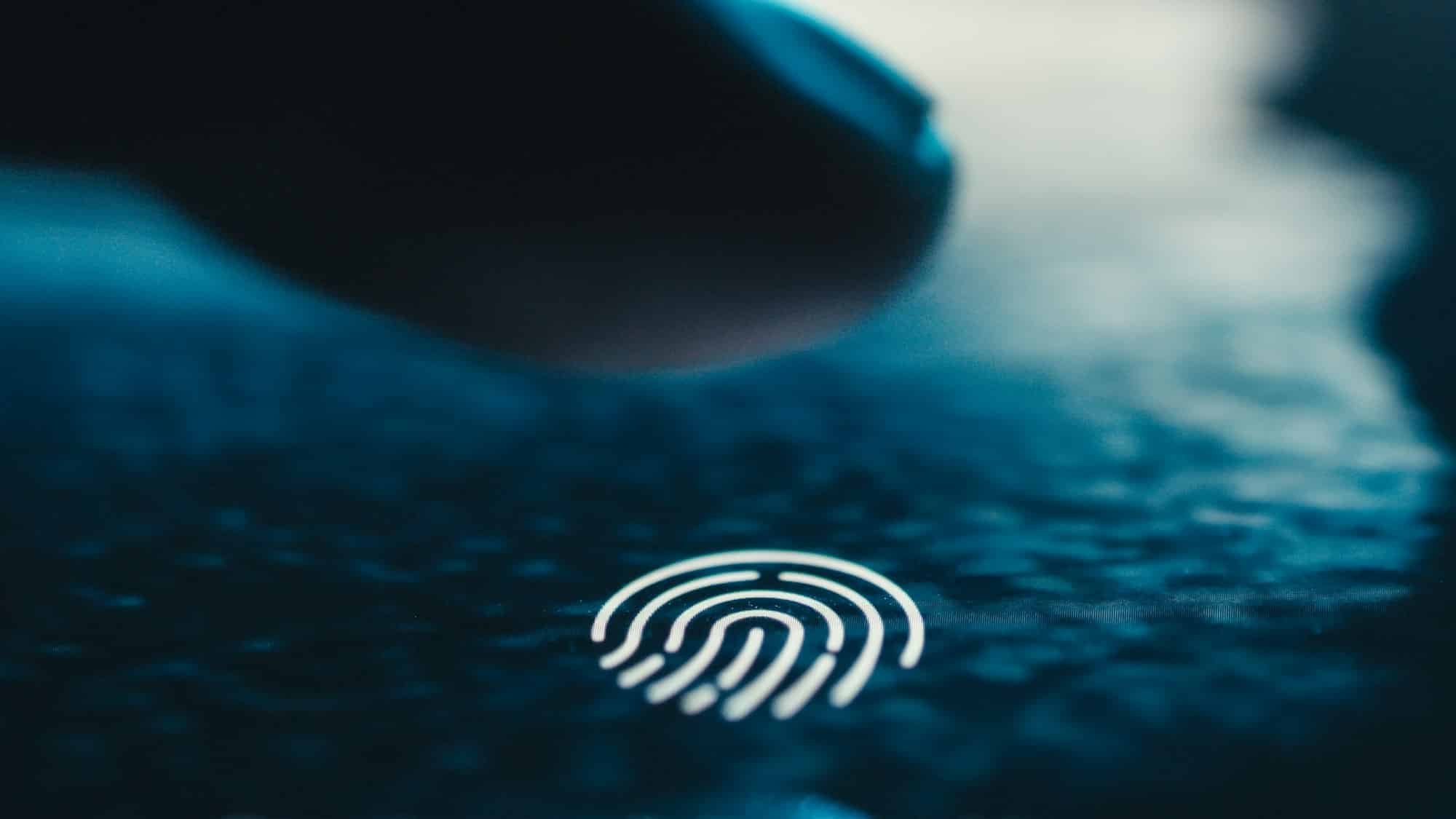Biometric security is no longer a concept confined to James Bond movies or top-secret government facilities. Over recent years, it has become increasingly mainstream and is now a highly sought-after feature for both businesses and homeowners. This article explores the latest cutting-edge advancements in biometric security within the UK market and how these technologies can enhance the safety and privacy of your home.
The Rise of Smart Biometric Locks
The advent of smart biometric locks has revolutionized the world of home security. These locks, which utilize unique physical or behavioral traits for identification, offer unparalleled security and convenience.
A lire aussi : Choosing the right grout for your porcelain stoneware tiles
Smart biometric locks adopt simple yet highly effective technology. They require a specific biometric input, like a fingerprint or facial recognition, to unlock the door. This means that only pre-authorized individuals can gain entry, essentially eliminating the risk associated with lost or stolen keys.
The market for smart biometric locks in the UK has seen a significant surge in recent years. This can be attributed to an increase in home burglaries and the growing awareness among homeowners about the benefits of installing high-tech security systems. In response, manufacturers have been introducing more affordable and user-friendly models to cater to the rising demand.
Cela peut vous intéresser : What’s the Latest in Electric Motorbike Innovations for UK Urban Commuters?
Data Security and Privacy Concerns
While biometric security systems offer enhanced safety, they also raise significant concerns about data privacy. These systems collect, store, and process personal biometric data, which could be potentially misused if it falls into the wrong hands.
The good news is that companies producing biometric security systems are well aware of these concerns. They are investing heavily in data encryption methods to ensure that biometric data is securely stored and transmitted. Many newer models also offer local storage options, which keep the data within the device itself, adding an extra layer of security.
Moreover, UK laws have stringent regulations in place to protect biometric data. The General Data Protection Regulation (GDPR) categorizes biometric data as a ‘special category’ and requires explicit consent from the user before collecting and processing this data.
Biometric Surveillance Systems – Adding an Extra Layer of Security
Biometric surveillance extends beyond door locks. It has become an integral part of sophisticated home security systems. These systems leverage recognition technologies such as facial recognition and gait analysis to monitor and control access to properties.
Notably, biometric surveillance systems are becoming more proactive rather than reactive. They are now capable of identifying suspicious behaviors and alerting homeowners in real-time. This helps to prevent potential security incidents rather than merely recording them.
Moreover, the use of Artificial Intelligence (AI) in these systems has further enhanced their capabilities. AI can analyze patterns, learn from past incidents, and improve the system’s overall performance. It’s an exciting space, with innovations happening at a rapid pace.
The Future of Biometric Security Solutions
Biometric security is here to stay, and the technology continues to evolve at a rapid pace. Futuristic concepts, such as heartbeat and vein recognition, are gradually becoming a reality.
In the case of heartbeat recognition, the technology uses an individual’s unique cardiac rhythm as an identifier. It’s a non-contact biometric solution that can discern a person’s identity even through clothing.
Vein recognition, on the other hand, uses infrared light to detect vein patterns beneath the skin. Vein patterns are unique to each individual and remain unchanged throughout life. This makes vein recognition an extremely reliable and secure biometric solution.
These technologies are still in their early stages, but they show immense potential for enhancing home security. In the next few years, UK homeowners can expect biometric security solutions to become even more advanced, affordable, and commonplace.
Biometric Solutions – The New Norm for Home Security?
It’s apparent that biometric security solutions are shaping up as the next big thing in home security. They combine the best of smart technology, data security, and access control to provide a comprehensive solution to security concerns.
The initial costs of biometric security systems might be more than traditional locks or alarms, but they offer long-term benefits that outweigh the costs. They provide enhanced security, convenience, and peace of mind, all of which are priceless.
Moreover, as the technology continues to advance and become more mainstream, the costs are likely to decrease. This will make biometric security solutions more accessible to the broad UK market.
The future is exciting, and it is clear that biometric security will play a crucial role in shaping it. As a homeowner, staying informed about the latest advancements in this field can help you make informed decisions about how best to safeguard your property and loved ones.
Integration of Voice Recognition in Biometric Security Solutions
The implementation of voice recognition in biometric security systems marks another significant shift towards advanced security solutions. Using unique voice patterns as a form of authentication, these control systems are designed to offer an additional layer of security and convenience for homeowners.
Voice recognition technology operates by capturing and analysing the specific features of a person’s voice such as pitch, tone, and rhythm. This technology offers a hands-free solution for situations where physical contact may not be convenient or possible. For instance, if you’re carrying groceries, a simple voice command can unlock your front door.
For UK homeowners, security systems that incorporate voice recognition offer an added advantage. Even under circumstances of physical alterations such as cuts or burns on fingers, voice recognition can still provide seamless access control.
Importantly, voice recognition technology is being designed with sophisticated measures against voice imitation and recordings. Advanced systems can discern between a live voice and a recorded one, thereby reducing the risk of a security breach.
As with other biometric data, the security of voice prints is crucial. Companies are addressing these data protection needs by encrypting voice prints and providing local storage options. This ensures that the voice data, just like fingerprints or facial recognition data, remains secure and private.
Biometric Security: A Comprehensive Solution for the Modern UK Home
As we delve into the future of home security, it’s evident that biometric security solutions are becoming an indispensable part of modern homes. The integration of biometric authentication methods like fingerprint scanning, facial recognition, voice recognition, and even heartbeat and vein recognition, are transforming how homeowners in the UK perceive and handle their security needs.
The essence of biometric security systems lies in their ability to provide advanced security and unparalleled convenience. They eliminate the need for keys or remembering complicated passwords, thus reducing the risks associated with these traditional methods.
Moreover, these security solutions are becoming more sophisticated and proactive with the help of AI. They are not only capable of identifying authorized individuals but can also detect suspicious activities, raising alerts before a potential security breach takes place.
The commitment to data protection by manufacturers, coupled with stringent UK laws like the GDPR, provide additional assurance to homeowners. This ensures that their biometric data remains secure, adding to the overall appeal of these systems.
With the continued advancements in technology and an increasing focus on security, it’s likely that biometric systems will soon become the standard for smart security, replacing traditional door locks across the UK.
The journey towards a secure and smart home is an exciting one. As biometric technology evolves, so will the ways in which we protect our homes and loved ones. Biometric security is indeed shaping the future of home security systems, offering a safe, secure, and convenient solution for homeowners in the UK.






